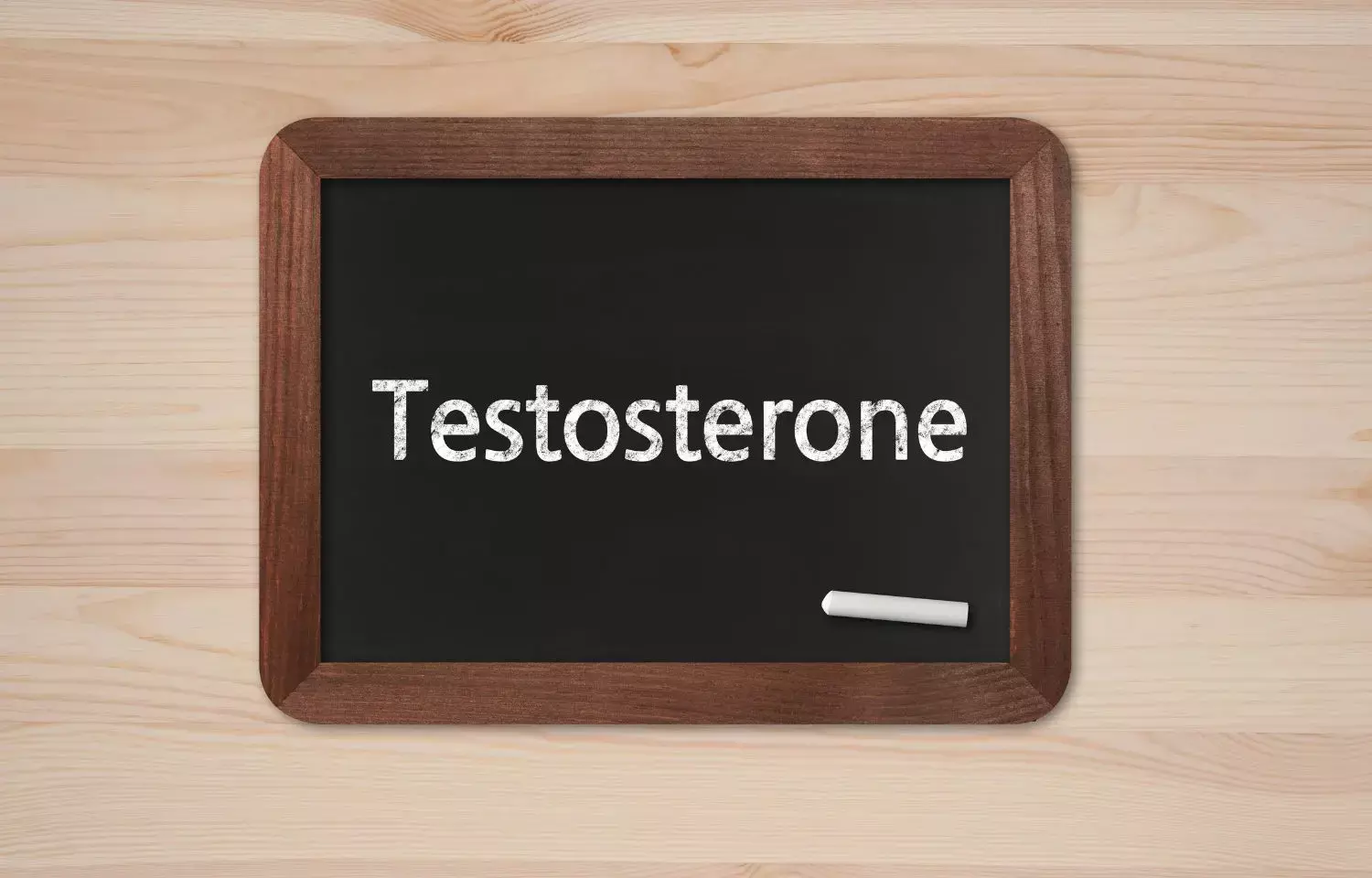- Home
- Medical news & Guidelines
- Anesthesiology
- Cardiology and CTVS
- Critical Care
- Dentistry
- Dermatology
- Diabetes and Endocrinology
- ENT
- Gastroenterology
- Medicine
- Nephrology
- Neurology
- Obstretics-Gynaecology
- Oncology
- Ophthalmology
- Orthopaedics
- Pediatrics-Neonatology
- Psychiatry
- Pulmonology
- Radiology
- Surgery
- Urology
- Laboratory Medicine
- Diet
- Nursing
- Paramedical
- Physiotherapy
- Health news
- Fact Check
- Bone Health Fact Check
- Brain Health Fact Check
- Cancer Related Fact Check
- Child Care Fact Check
- Dental and oral health fact check
- Diabetes and metabolic health fact check
- Diet and Nutrition Fact Check
- Eye and ENT Care Fact Check
- Fitness fact check
- Gut health fact check
- Heart health fact check
- Kidney health fact check
- Medical education fact check
- Men's health fact check
- Respiratory fact check
- Skin and hair care fact check
- Vaccine and Immunization fact check
- Women's health fact check
- AYUSH
- State News
- Andaman and Nicobar Islands
- Andhra Pradesh
- Arunachal Pradesh
- Assam
- Bihar
- Chandigarh
- Chattisgarh
- Dadra and Nagar Haveli
- Daman and Diu
- Delhi
- Goa
- Gujarat
- Haryana
- Himachal Pradesh
- Jammu & Kashmir
- Jharkhand
- Karnataka
- Kerala
- Ladakh
- Lakshadweep
- Madhya Pradesh
- Maharashtra
- Manipur
- Meghalaya
- Mizoram
- Nagaland
- Odisha
- Puducherry
- Punjab
- Rajasthan
- Sikkim
- Tamil Nadu
- Telangana
- Tripura
- Uttar Pradesh
- Uttrakhand
- West Bengal
- Medical Education
- Industry
Little Evidence of Heart Problems in Men Undergoing Testosterone Treatment, finds analysis

Previous clinical trials have provided insufficient evidence to decide whether testosterone causes heart problems in men during the first year of treatment, according to research being presented Monday at ENDO 2022, the Endocrine Society's annual meeting in Atlanta, Ga., and published in The Lancet Healthy Longevity.
It is well known that testosterone increases hematocrit, which has the potential to increase the risk for venous thromboembolism. However, researchers and the U.S. Food and Drug Administration have acknowledged that the cardiovascular safety of testosterone among individuals with low testosterone levels is unclear.
"We were unable to find evidence from our individual patient data (IPD) meta-analyses that testosterone increases risks of mortality or cardiovascular and/or cerebrovascular events in the short- to medium-term in men with low testosterone, most of whom have various forms of functional hypogonadism," said Channa Jayasena, M.D., Ph.D., Head of Andrology at the Imperial College of London in London, U.K.
The National Institute of Health & Care Research (NIHR) funded Jayasena and colleagues to pool all results from 35 randomly controlled trials of men with low testosterone. They performed a one-stage meta-analysis using IPD (17 studies) and a two-stage meta-analysis that included IPD alongside studies that did not provide IPD (18 studies). The included trials reviewed data from 3,431 men.
The risk for cardiovascular and/or cerebrovascular events were similar between the testosterone and placebo groups.
The frequency of subtypes for cardiovascular or cerebrovascular events were similar between testosterone and placebo groups. Edema and erythrocytosis were reported more often in the testosterone group. It should be known that the researchers did not identify subgroups with a greater risk for cardiovascular and/or cerebrovascular events.
The data reveal fewer deaths recorded in the testosterone group compared with those administered placebo. However, this finding was not considered statistically significant.
Testosterone significantly reduced serum total cholesterol, high-density lipoprotein (HDL), and triglycerides compared with placebo. However, there were no significant differences in serum low-density lipoprotein (LDL), blood pressure, glycemic parameters, diabetes incidence, and prostate adverse outcomes between the testosterone and placebo groups. Although testosterone offered positive effects on quality of life and sexual function, the results varied.
"Researchers worldwide have come together to share their results to improve safety for patients. These data provide some reassurance to men with low testosterone and their clinicians about the safety of testosterone in the short-to-medium term, although more long-term data are required," Jayasena said.
Dr Kamal Kant Kohli-MBBS, DTCD- a chest specialist with more than 30 years of practice and a flair for writing clinical articles, Dr Kamal Kant Kohli joined Medical Dialogues as a Chief Editor of Medical News. Besides writing articles, as an editor, he proofreads and verifies all the medical content published on Medical Dialogues including those coming from journals, studies,medical conferences,guidelines etc. Email: drkohli@medicaldialogues.in. Contact no. 011-43720751


